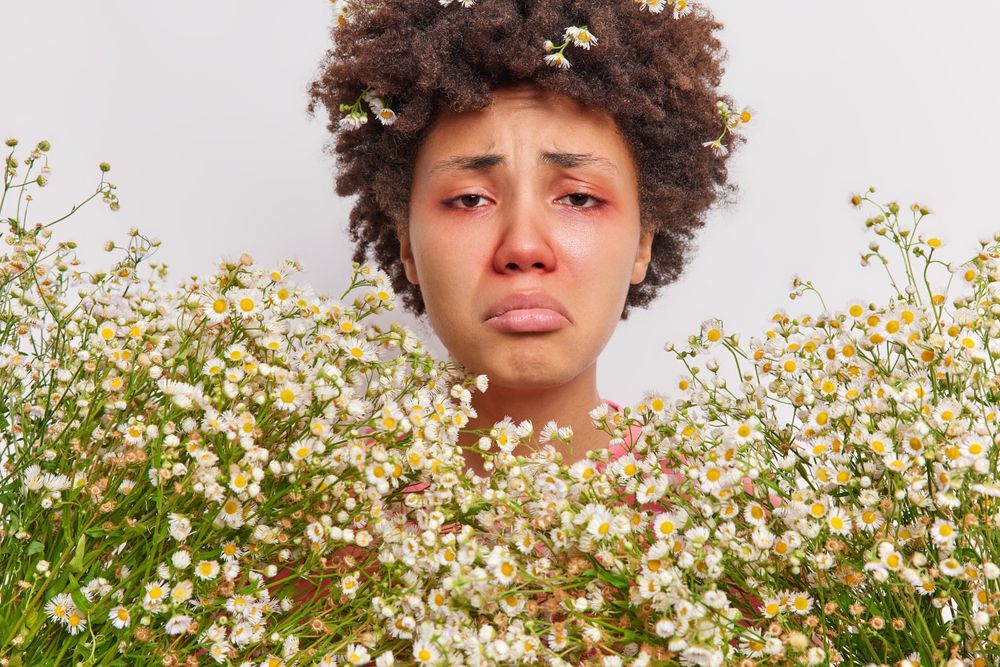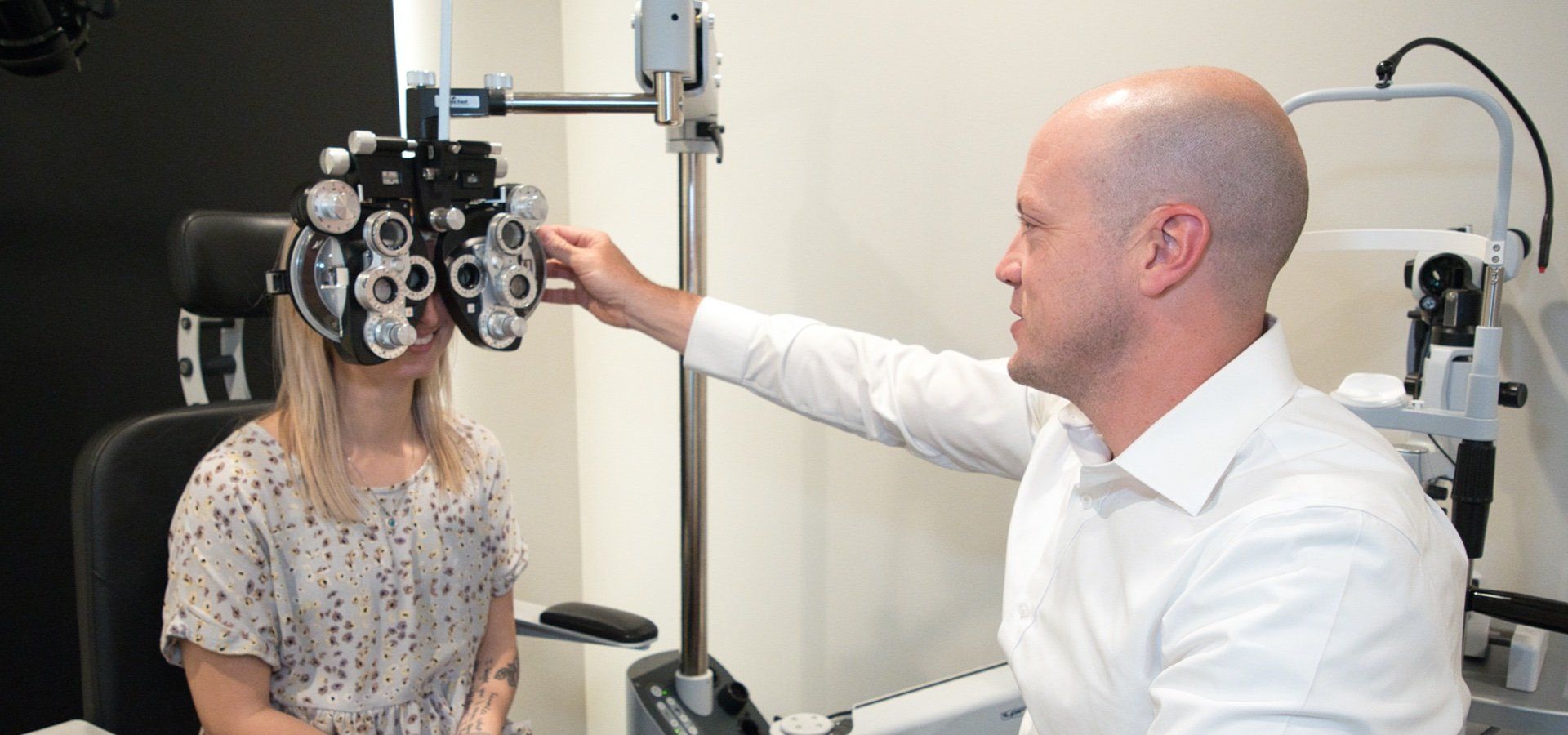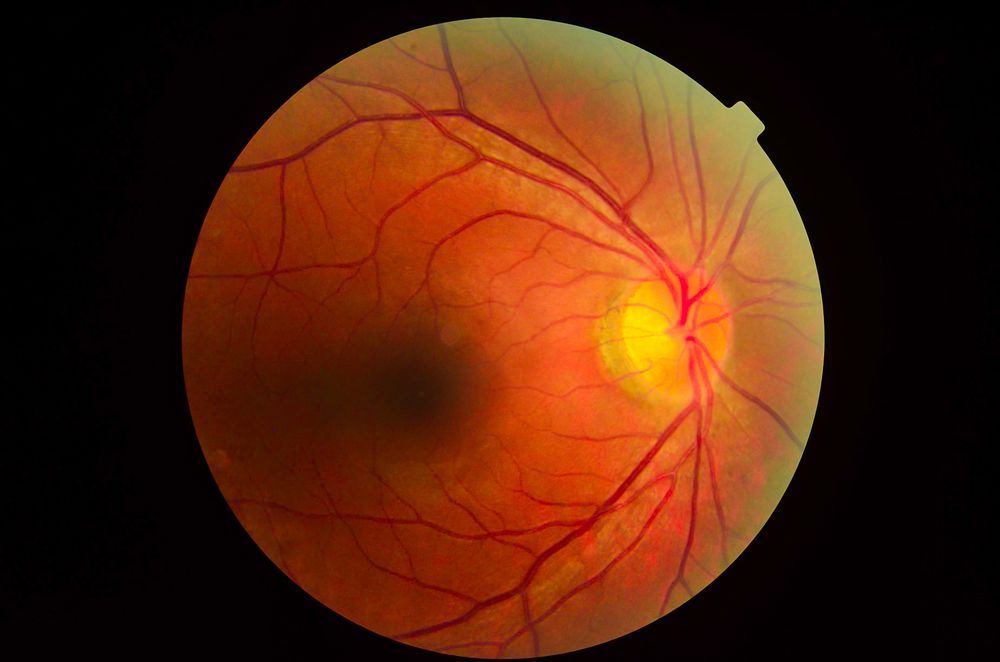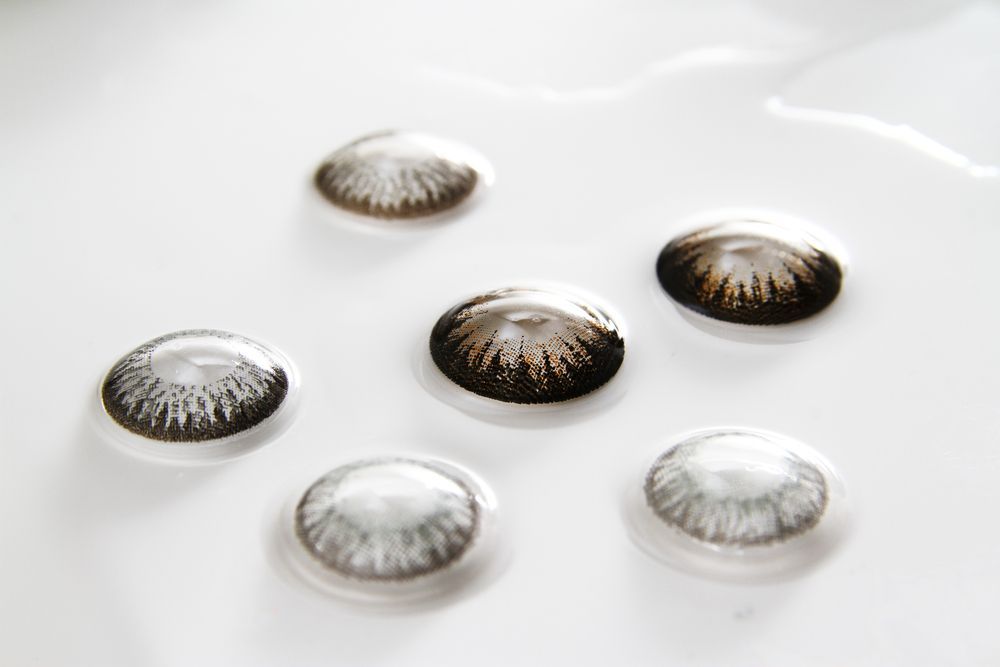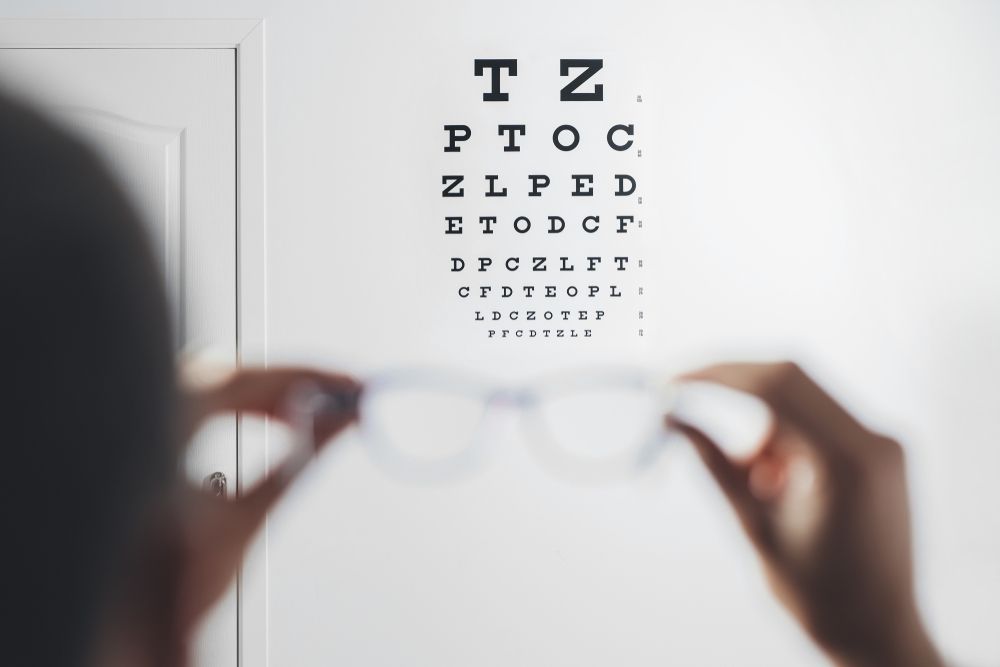Spring in Ardmore brings blooming flowers, warmer weather—and for many of us, itchy, watery eyes. If your eyes feel irritated this time of year, you’re not alone. Seasonal allergies can make your eyes miserable, but there are simple steps you can take to find relief.
In this post, we’ll walk you through why allergies affect your eyes, what symptoms to look out for, and how to soothe the irritation so you can enjoy the season comfortably.
Why Allergies Bother Your Eyes
Spring allergies are triggered by things like pollen, grass, and mold. When these allergens come into contact with your eyes, your immune system goes on high alert, releasing chemicals like histamine that cause inflammation. The result? Red, itchy, watery eyes that feel downright uncomfortable.
This condition is called allergic conjunctivitis, and while it’s not dangerous, it can definitely disrupt your day.
Common Eye Allergy Symptoms
Not sure if allergies are behind your eye issues? Here are the most common signs:
- Itchy or burning eyes
- Redness
- Watery or teary eyes
- Swollen eyelids
- A gritty or “dry” feeling
- Sensitivity to light
These symptoms often come along with sneezing, nasal congestion, or a runny nose—but not always. Some people experience mostly eye-related discomfort.
Tips for Reducing Eye Allergy Irritation
While you can’t control the pollen count, there’s a lot you can do to minimize eye irritation during allergy season:
1. Avoid Rubbing Your Eyes
It’s tempting, but rubbing makes irritation worse and can introduce more allergens into your eyes.
2. Wear Sunglasses Outdoors
They act as a barrier, helping shield your eyes from pollen and other airborne irritants.
3. Keep Windows Closed
On high-pollen days, keep your windows closed at home and in the car to reduce exposure.
4. Shower Before Bed
Pollen can stick to your hair, skin, and eyelashes. Washing up before bedtime helps keep it out of your eyes overnight.
5. Use Artificial Tears
Over-the-counter lubricating eye drops can help rinse away allergens and soothe dry, irritated eyes. Make sure to use preservative-free drops if you apply them frequently.
6. Try a Cold Compress
A clean, cold washcloth over your eyes can help reduce swelling and calm the itch.
7. Talk to Your Eye Doctor
If over-the-counter options aren’t helping, we can recommend prescription-strength drops or other treatments tailored to your needs.
When to See an Eye Doctor
If your symptoms are persistent, painful, or affecting your daily life, it’s time to get professional help. Eye allergies can sometimes mimic other conditions—like dry eye or infections—so a proper diagnosis is important.
At Blake Bush Family Eye Care, we’re here to help you find real relief. Whether it’s allergy season or not, our goal is to keep your eyes healthy and comfortable year-round.
Struggling with itchy, irritated eyes this spring?
Schedule an appointment today and let us help you feel better—fast.

